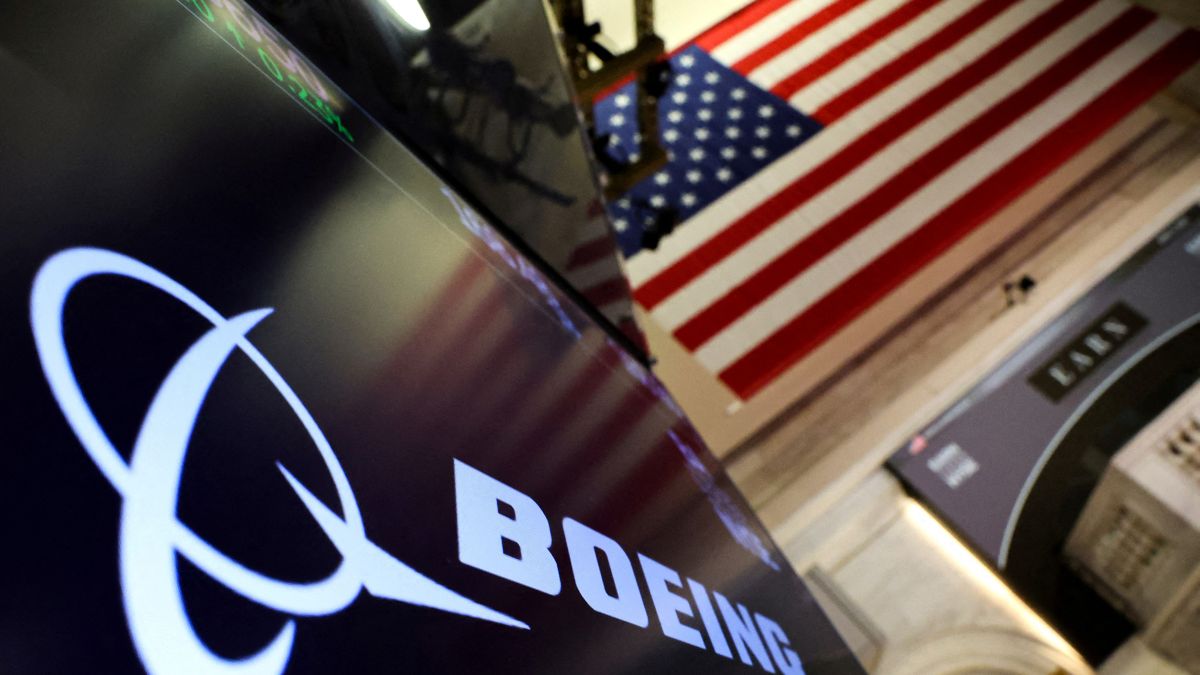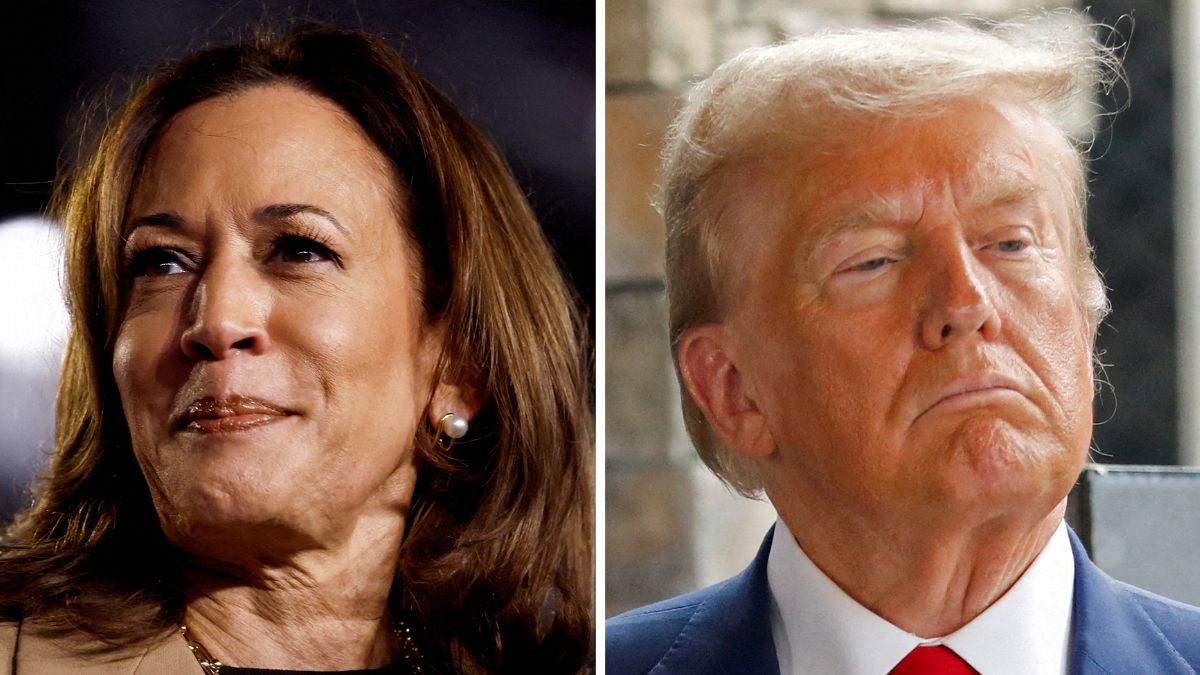China’s Ministry of Commerce has described Boeing and its Chinese airline customers as “victims” of President Donald Trump’s escalating tariff war amid worsening US-China trade relations.
The ministry issued a statement on Tuesday (April 29) implicitly distancing itself from blame directed at Boeing, calling instead for the US to heed business concerns and restore stability to commercial exchanges.
“China is willing to continue supporting normal commercial cooperation between companies in both countries,” a spokesperson said. The official urged the US to “listen to the voices of businesses to create a stable and predictable environment for normal trade and investment activities,” according to a report by the South China Morning Post.
The comments followed confirmation from Boeing that several Chinese airlines have ceased accepting new aircraft deliveries due to the heightened tariffs. Two Boeing jets originally intended for China’s Xiamen Airlines have already been returned to the US, according to flight-tracking data reported by Reuters.
Boeing caught in the tariffs crossfire
Since Trump commenced his second term in January, tariffs on Chinese goods have surged by 145 per cent, cumulatively reaching up to 245 per cent on some products. In response, China has increased tariffs on US imports by 125 per cent, deepening the strain on bilateral trade.
These sharp tariff hikes have drastically inflated costs for Chinese airlines relying on Boeing aircraft, affecting both the purchase prices of new jets and maintenance costs for existing fleets. Boeing’s China orders make up a significant part of its backlog, with 130 out of 6,319 unfilled commercial aircraft orders destined for Chinese customers as of April.
What Boeing has said
“Boeing has definitely made a serious statement that they can deliver aircraft [rejected by Chinese buyers] to other clients,” Jason Li Hanming, a US-based aviation analyst, said. “But it is obvious that Boeing will suffer.”
Boeing CEO Kelly Ortberg revealed in an earnings call last week that Chinese carriers had halted new jet deliveries. Chinese airlines had been expected to purchase around 50 Boeing aircraft in 2025 alone. Ortberg noted the ongoing trade dispute with China would diminish the company’s recent strong performance.
China’s domestic aviation push
Although Boeing delivered 56 aircraft to China in 2024 and another 18 in the first quarter of 2025, large-scale Chinese orders for the US manufacturer have dwindled since 2017, with Airbus benefiting significantly in recent years.
Meanwhile, China continues investing heavily in domestic aviation manufacturing. The state-backed Commercial Aircraft Corporation of China (Comac), producer of the C919— a competitor to Boeing’s 737—plans to significantly boost its production capabilities, despite ongoing dependence on Western technology such as advanced engines.


)
)
)
)
)
)
)
)
)